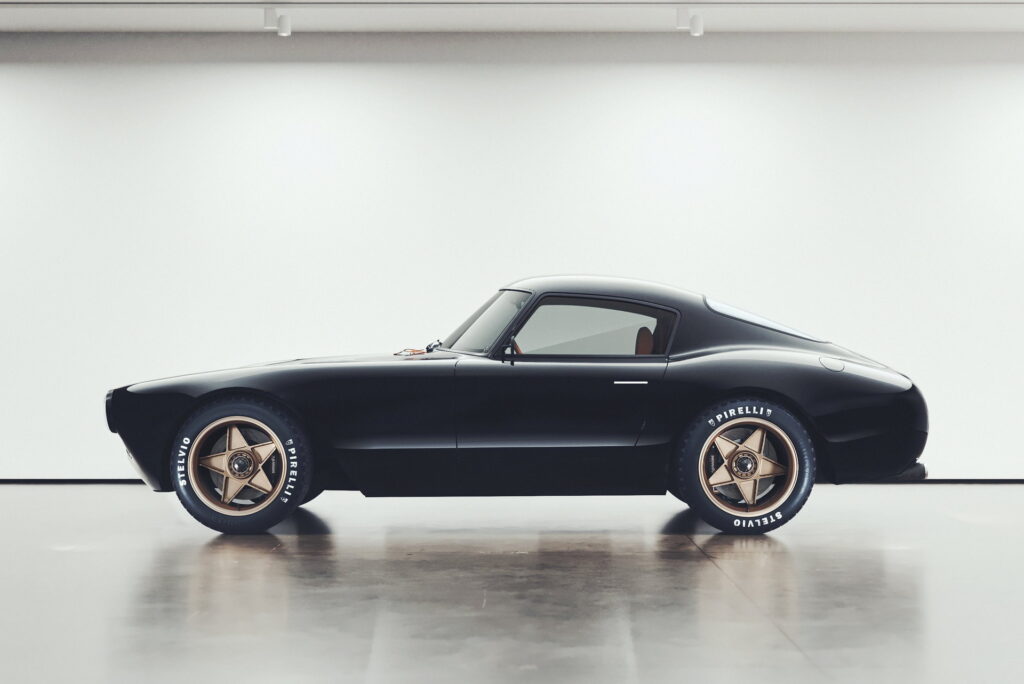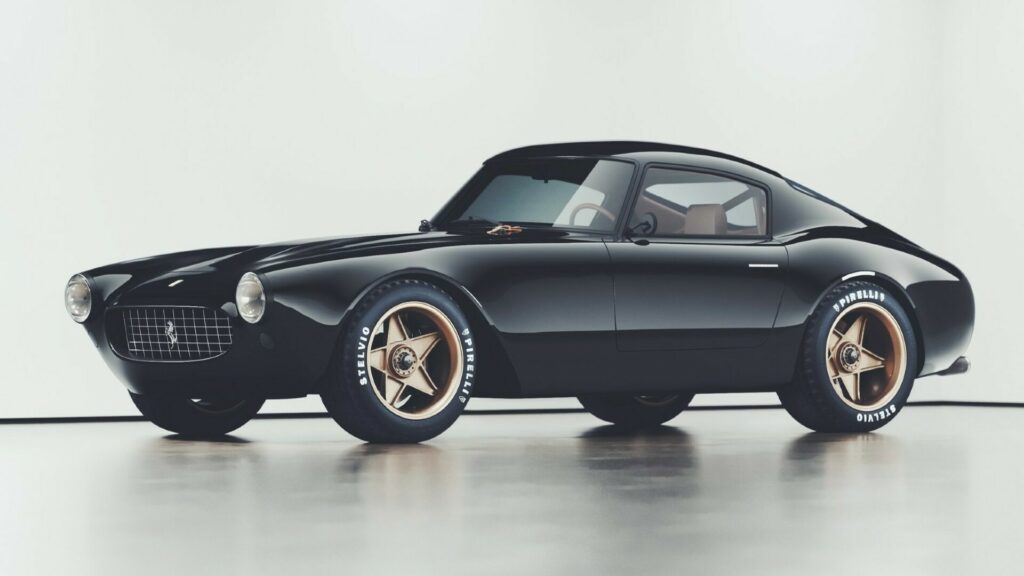The Ferrari 250 GT Berlinetta SWB is an ultra-expensive, and super-rare classic, which makes reinterpretations quite desirable. The latest to join the trend following GTO Engineering and RML, is Forge Design, a London-based design studio. The “Competizione Ventidue” concept is inspired by the Ferrari original, a Miles Davis album, and a New York museum, all from 1959.
Besides the original 250 GT SWB introduced at the 1959 Paris Motor Show, Forge Design took inspiration from Miles Davis’ “Kind of Blue” jazz album, and the Solomon R. Guggenheim museum designed by architect Frank Lloyd Wright. While the model is presented in digital concept form, Forge Design’s description of the specs is quite detailed.
Read: GTO Engineering’s $1m 250 SWB Is The Ferrari Classic You Can Crash And Not Care

The bodywork is based on the “SEFAC hot rod” racing version of the 250 GT SWB that won its class at the 1961 Le Mans. This one had 1.1mm thin aluminum panels but in the Competizione Ventidue it is reinterpreted using composite materials. Stand-out features include the wider wheel arches, the vented fenders similar to Scaglietti-designed models, and modern tech for the lighting units. Weight-saving measures include a polycarbonate rear window, leather straps, and a single rearview mirror.
The chassis is made of aluminum and carbon fiber with a fully independent suspension and AP Racing brakes behind the Ferrari Campagnolo-style center-lock magnesium wheels. Under the bonnet lies a modified V12 engine with “indirect hydrogen injection” with the goal of eliminating carbon emissions at the tailpipe. The targeted weight of the mill is below 165 kg (364 pounds). Forge Design didn’t reveal output figures but the original V12 of the racecar produced around 300 hp.
Unlike the 250 GT SWB replicas from GTO Engineering and RML which are inching closer to production, Forge Design’s take has not evolved past the early conceptual stage. However, the design studio suggests it is open to future collaborations. According to Forge Design, the project’s goal was “to re-imagine the car that Miles Davis might have bought just after his album dropped. This is the car he might have enjoyed, upgraded, even raced”.














